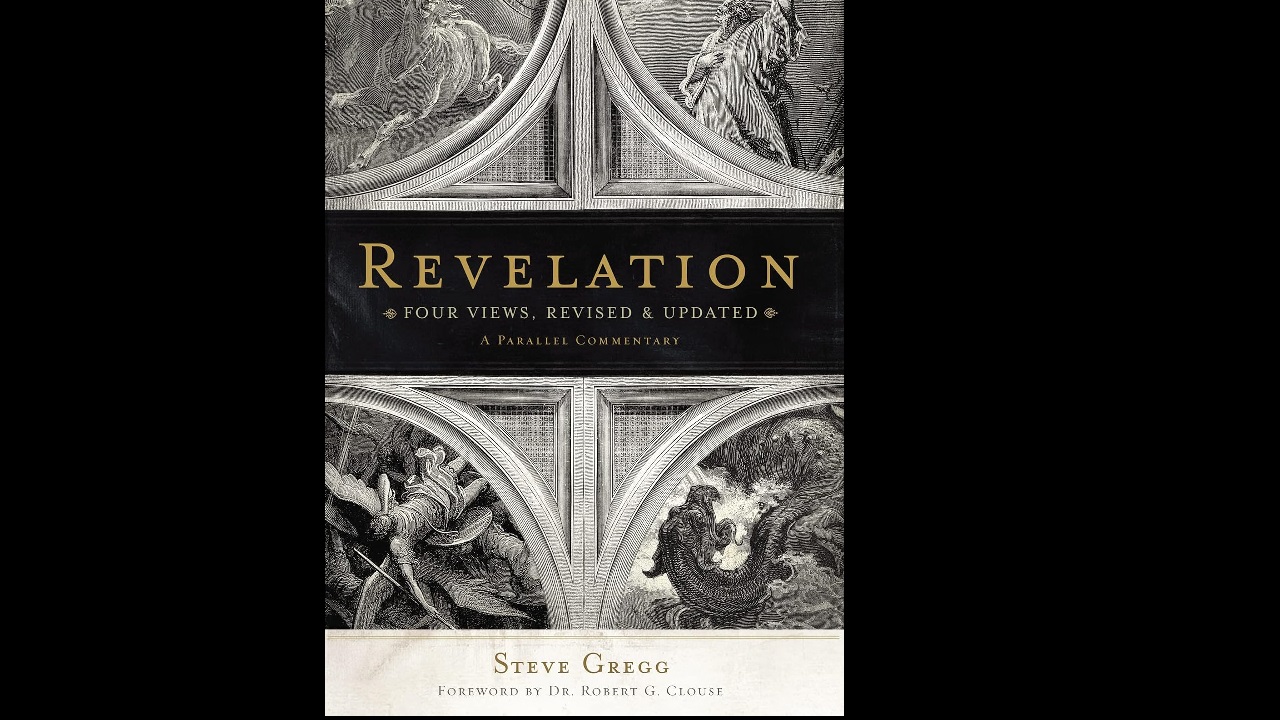Sir Anthony F. Buzzard
The contemporary way of inviting people to become Christians is unlike the biblical method. Today the invitation is rather vague: “Accept Jesus as savior in your heart.” The NT speaks of God accepting us when we “believe the Gospel of the Kingdom” as preached by Jesus and then by Paul. Acts 8:12 provides a great key to NT faith. People “heard the Gospel of the Kingdom and the things concerning Jesus and then they were ready to be baptized, men and women.” Thus they began the Christian life.
“Accepting Jesus” must include accepting the words and teachings of Jesus. One cannot “accept” Jesus and refuse his words. Jesus made his words the standard by which we will be assessed. “He who is ashamed of me and my words, I will be ashamed of him, when I come back” (Mk 8:38). Jesus died of course in our place so that we can be forgiven, but it makes no sense to be forgiven and then to continue not following the words of Jesus. Jesus’ Gospel is summed up in the idea of the coming Kingdom.
There are several ways of dividing the Bible against itself and thus stifling its truth.
1) Separating Jesus from his later teachings in Paul. Pitting Paul against Jesus by emphasizing Paul at the expense of Jesus. Jesus and Paul taught the same one Gospel of the Kingdom, which is also the Gospel of grace (Acts 20:24, 25).
2) Disallowing Jesus’ clarifying references to Old Testament verses, especially in Daniel (Matt. 24:15 to Dan 12:11, 11:31; 9:27; Matt. 24:21, 29 to Daniel 12:1).
One of the most devastating misunderstandings of the New Testament occurs when evangelicals claim that the Gospel as Jesus preached it, the Gospel about the Kingdom (Luke 4:43; Mark 1:14, 15), is not the saving Gospel! Evangelical tracts and preaching constantly make the mistake of claiming that the Gospel of Grace is different from the Gospel of the Kingdom. This is quite untrue. Read Acts 20:24, 25 and put this systematic error to rest. Jesus commands us to believe in the Kingdom Gospel.
The regrettable legacy of Luther leaves evangelicals with a strong tendency to treat only the death and resurrection of Jesus as gospel and not Jesus’ own Kingdom of God Gospel. Luther disparaged Matthew, Mark and Luke and elevated Paul and John above them. This creates a selective canon within the canon and throws the whole NT off balance. The solution is to return to the historical Jesus and understand him first, and only then move on to Paul who assumes we know what Jesus taught as Gospel.




